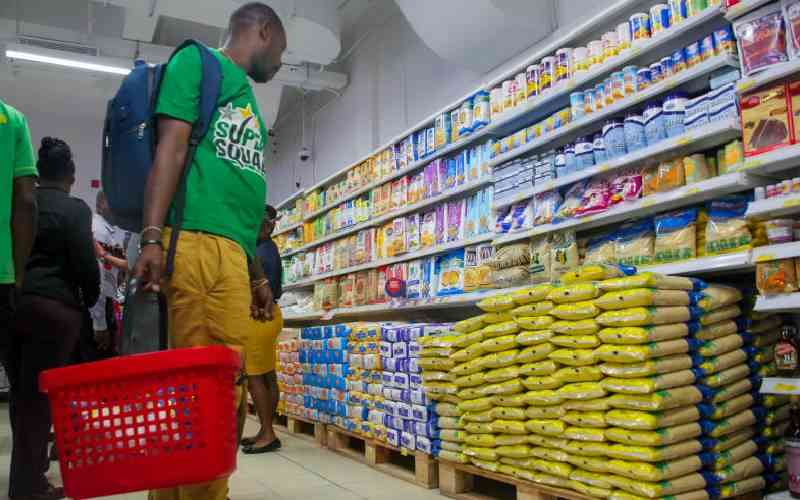×
The Standard e-Paper
Stay Informed, Even Offline

The high cost of living in Kenya reflected by a rise in inflation was a rallying cry in the run-up to the 2022 General Election and partly contributed to the recent Gen Z demonstrations.
Two years later, however, prices have come down. Is there anything to celebrate? What is bringing down inflation? Who should take credit for the fall in inflation? It's a confluence of several factors.